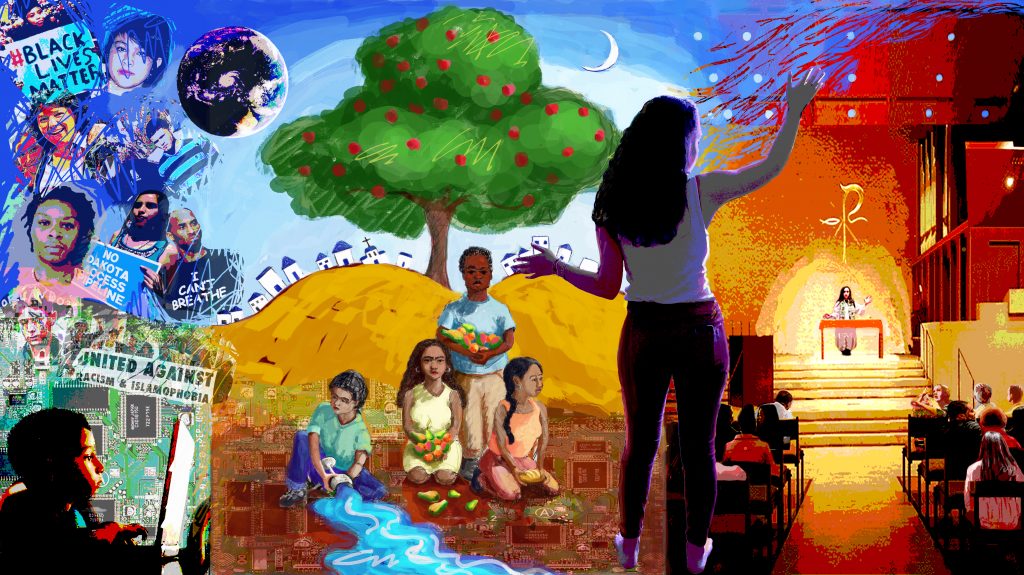
As we look ambitiously to the future of continuing to lead our denomination on matters of Hispanic/Latino Ministry, we must press the UMC to move from her shallow understanding of ethnic and cultural inclusiveness to a solid strategy of recruitment of young adult candidates for the different range of ordinances of our structure. The absence of effective marketing strategies to recruit Hispanic/Latinos at the college and seminary level, with the addition of their outdated policies and requirements for admission, suggest an unfriendly environment for potential Hispanic/Latino candidates to their programs, resulting in negative consequence for the UMC.
As an outcome of these and other impediments, the UMC also continues perpetuating her vicious cycle of inviting people from others denominations to serve as the spiritual leaders and administrators of our congregations, jeopardizing the future of our Hispanic/Latino ministries with additional consequences for the life of our denomination.
Our conscious or subconscious vision of ourselves or by both, our denominational practice lives out a lack of belief in the Hispanic/Latino as an effective leader. We do not give credence to our own capabilities – for questions of language, of economic standing, and the result of generations of disempowerment. It is a matter of urgency that we build an intentional strategy of leadership development among young Hispanic/Latinos that opens doors, encourages and accompanies our young people on their path to a ministry that is rooted in a sharp understanding of the current context. If we can build strong pastoral leaders in this context, the resulting community and societal changes will follow.
Hispanic/Latinos have changed from a mono-lingual to a bi-lingual community (58% primarily speak English), and represent 15% of the general population (52,000,000) of which 67,000 are members of the UMC. The demand on our theological schools to be more intentional on developing marketing strategies among Hispanic/Latinos must continue with the insertion of an updated curriculum for advanced cross–theological, cross-cultural training from our Methodist perspective, so that this new generation of leaders will be responsive to our communities with the transforming presence of The Christ Incarnated in our own.
